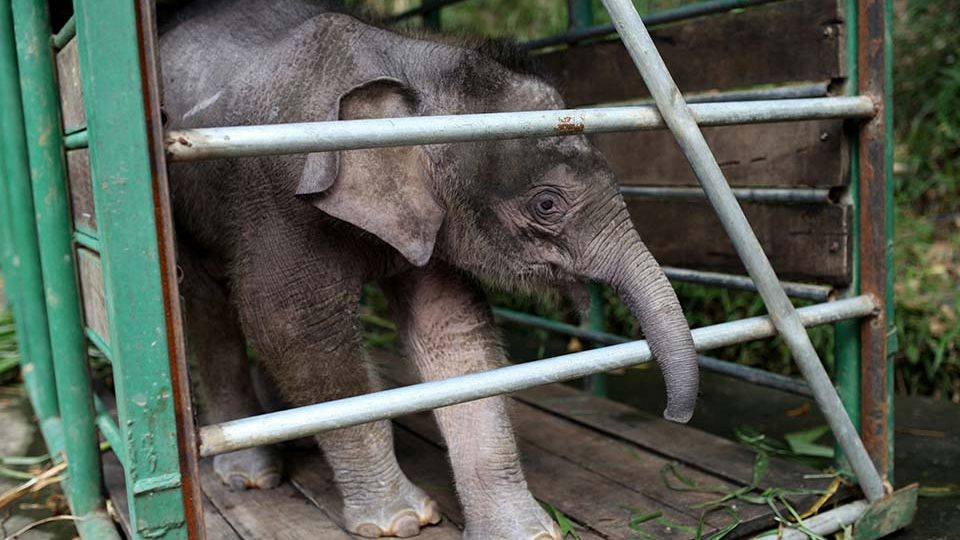April 7, 2025
KOTA KINABALU – Conservationists are calling for stronger enforcement and accountability after another Borneo pygmy elephant was found killed and beheaded on the east coast of Sabah.
The carcass, discovered in the Tibow-Sapulut area near Tawau, was the second found in three months, following a similar incident in January along the Kalabakan-Sapulut road.
Sabah elephant ecologist Dr Nurzhafarina Othman described the latest incident as deeply troubling because it happened in a protected area.
“I’m very concerned, especially when this happens in places that are supposed to be safe. It’s like the perpetrators aren’t afraid anymore,” said Nurzhafarina, who is also the founder of elephant conservation NGO Seratu Aatai.
She said the elephant was not one of the animals being monitored or collared, making it more difficult to trace movement and gather data.
“We must treat this case seriously and step up how we carry out our investigations. At the moment, there’s no real deterrent for those committing these crimes,” she said when contacted on Sunday (April 6).
Nurzhafarina added that the issue will be addressed at a mid-term review of Sabah’s Elephant Action Plan, which will take place from April 9 to 11 at the Sabah International Convention Centre (SICC). The event is organised by the Sabah Wildlife Department with support from various NGOs and is funded by Oregon Zoo.
Meanwhile, wildlife conservationist and 1StopBorneo Wildlife founder Shavez Cheema said he was “absolutely appalled” by the incident and questioned the effectiveness of existing enforcement measures.
“People always say there’s enforcement in the jungle. But what about the highways? These elephants are being killed in areas that are visible,” he said when contacted.
Recalling his own travels on the Kalabakan route, he said he had personally encountered armed individuals in four-wheel drives suspected of hunting at night.
“Kalabakan road at night is basically a hunting highway. I’ve seen it with my own eyes,” he said.
He urged for more random night patrols along key roads known to be wildlife corridors, saying such visible action could help curb illegal hunting.
The Borneo pygmy elephant is listed as a fully protected species under the Sabah Wildlife Conservation Enactment 1997. Those found guilty of harming or killing the animals face hefty fines and jail time.

